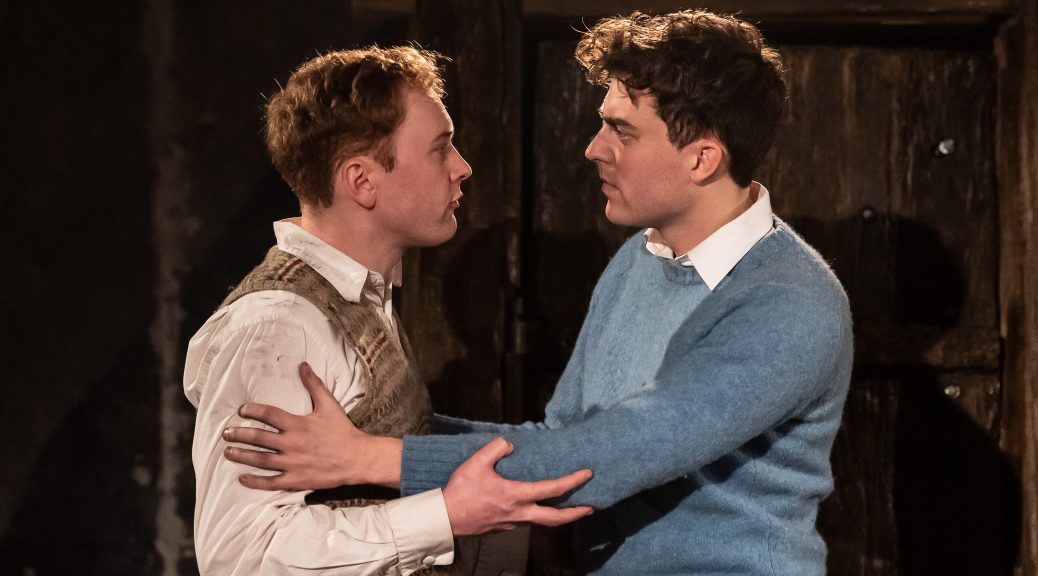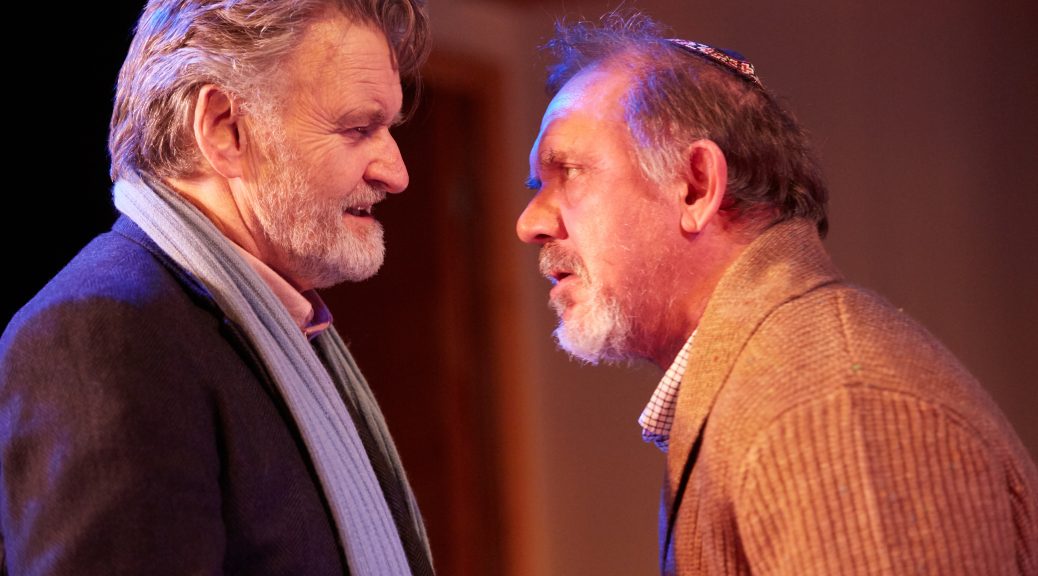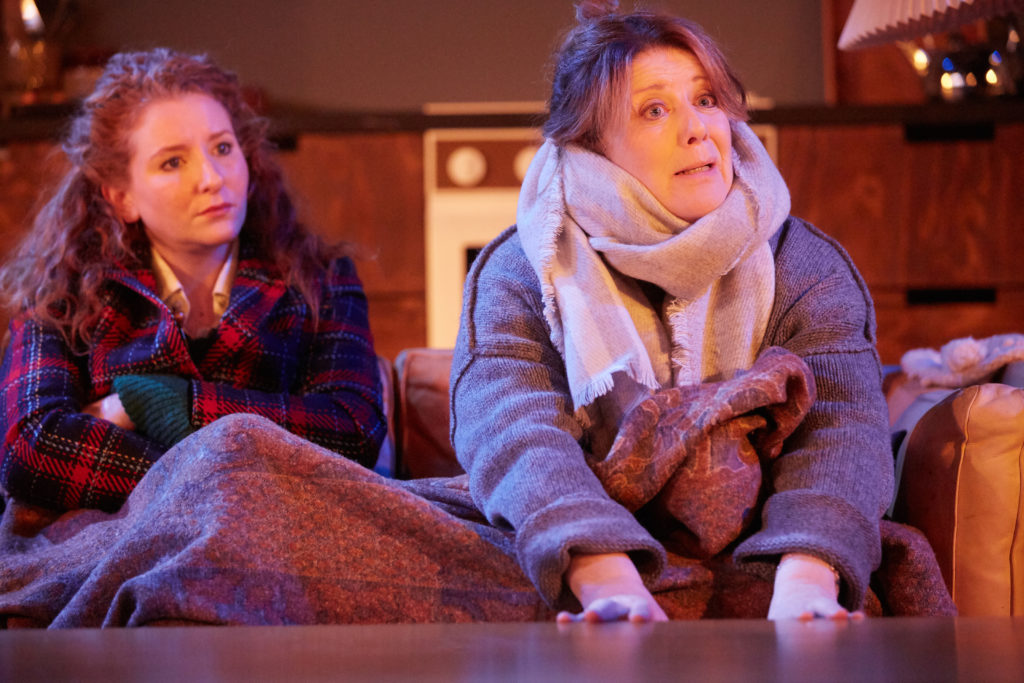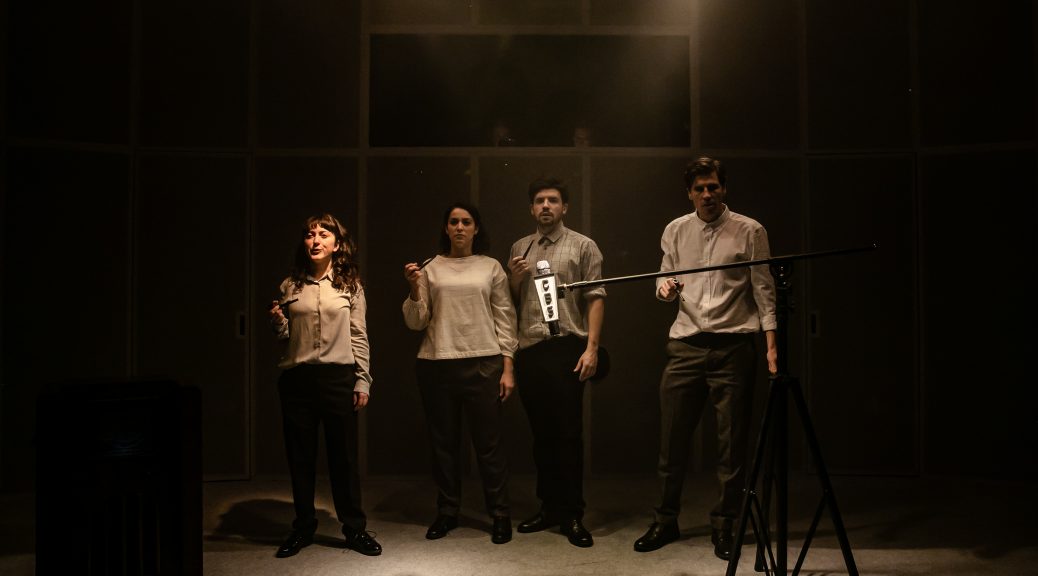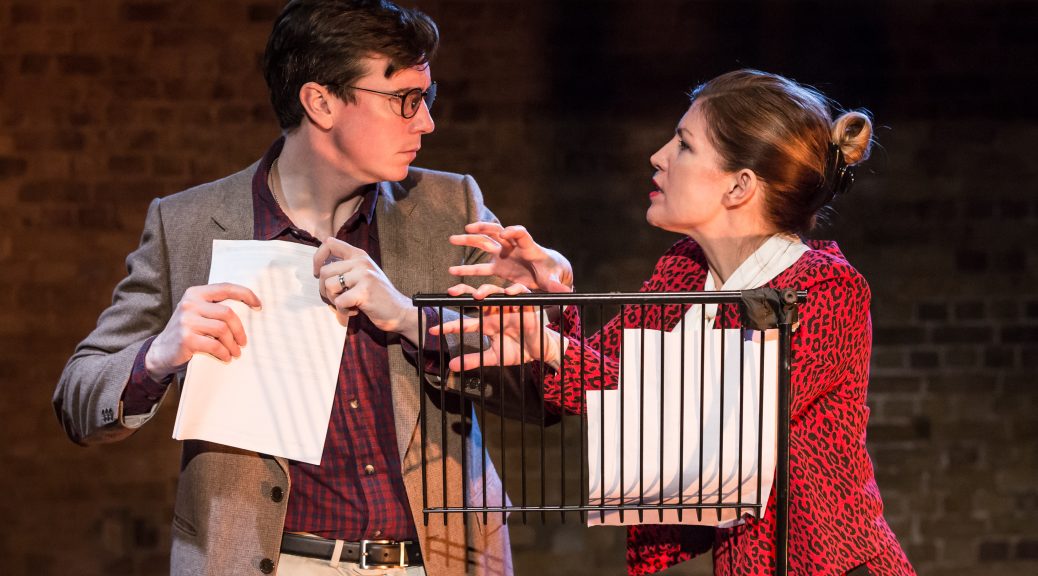Theatregoers should give thanks to Atticist Productions – and get a ticket, of course – for this new production of David Greig’s 2002 work, last seen in London at its Royal Court première. Carefully directed by Jessica Lazar, it delivers a quartet of fabulous performances. And what a play! Lyrically beautiful, intellectually stimulating and full of the unexpected, this is a long overdue revival.
It’s exciting not to know what’s coming next and makes avoiding spoilers important. Especially given a plot that seems so simple: two ornithologists studying on a remote island before World War II. Greig doesn’t make it clear how big a part the owner of the island and his niece will play – at first, they seem amusingly stereotyped (Ken Drury does a lovely job here). But, by wittily toying with expectations of a period piece, the play consistently surprises as events and characters develop with a magical touch and delightful richness.
Suffice to say that there’s plenty of sex and death in this Edenic location. Tom Machell gives a suitably magnetic performance as lead toff twitcher Robert. The character’s free thinking results in plenty of challenging statements. His colleague and chum John may play second fiddle – reminding us of decency and that a boat will be coming to collect them at some point – but Jack McMillan’s performance is first class. It’s a wonderful study of confused youth and contradictions. By no means least is Rose Wardlaw’s sensitive portrayal of Ellen, a woman who finds herself connected to life and the future in an unexpected manner.
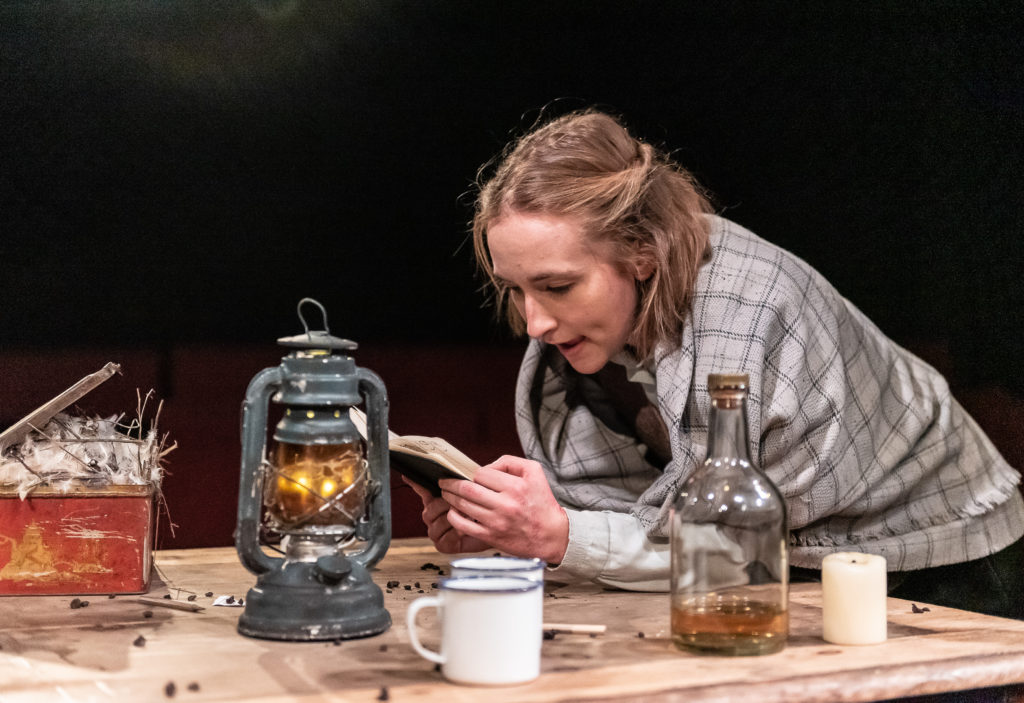
Isolated from society and with work-altering body clocks, the play moves to examine love, time and limits. That emotions develop is seen by Robert as a scientific phenomenon, something to take notes on, while John reminds us how painful romance can be. Lazar allows the chilly observations and warm emotions they’re due, ensuring both of the text’s temperatures can be felt. Greig’s insights into time are philosophically invigorating, while the boundaries of convention, temporarily absent, lead artfully to yet more questions.
Take religion, Christianity vs Paganism, a theme Drury does so well to explicate. The theme gives an ethereal feel to the show, aided by strong sound and lighting design from Christopher Preece and David Doyle, respectively. Or the parodic forms of ritual we encounter, such as those surrounding feeding (there’s only one table on the island and let’s just say it’s used for more than one kind of communion). Compared with the birds being recorded, Outlying Islands asks how rooted in the animalistic we all are. Like a scientist studying nature, the same precise control allows Greig to examine men. An attempt at natural history in the form of theatre, it makes for fascinating viewing.
Until 2 February 2019
Photos by Clive Barda

